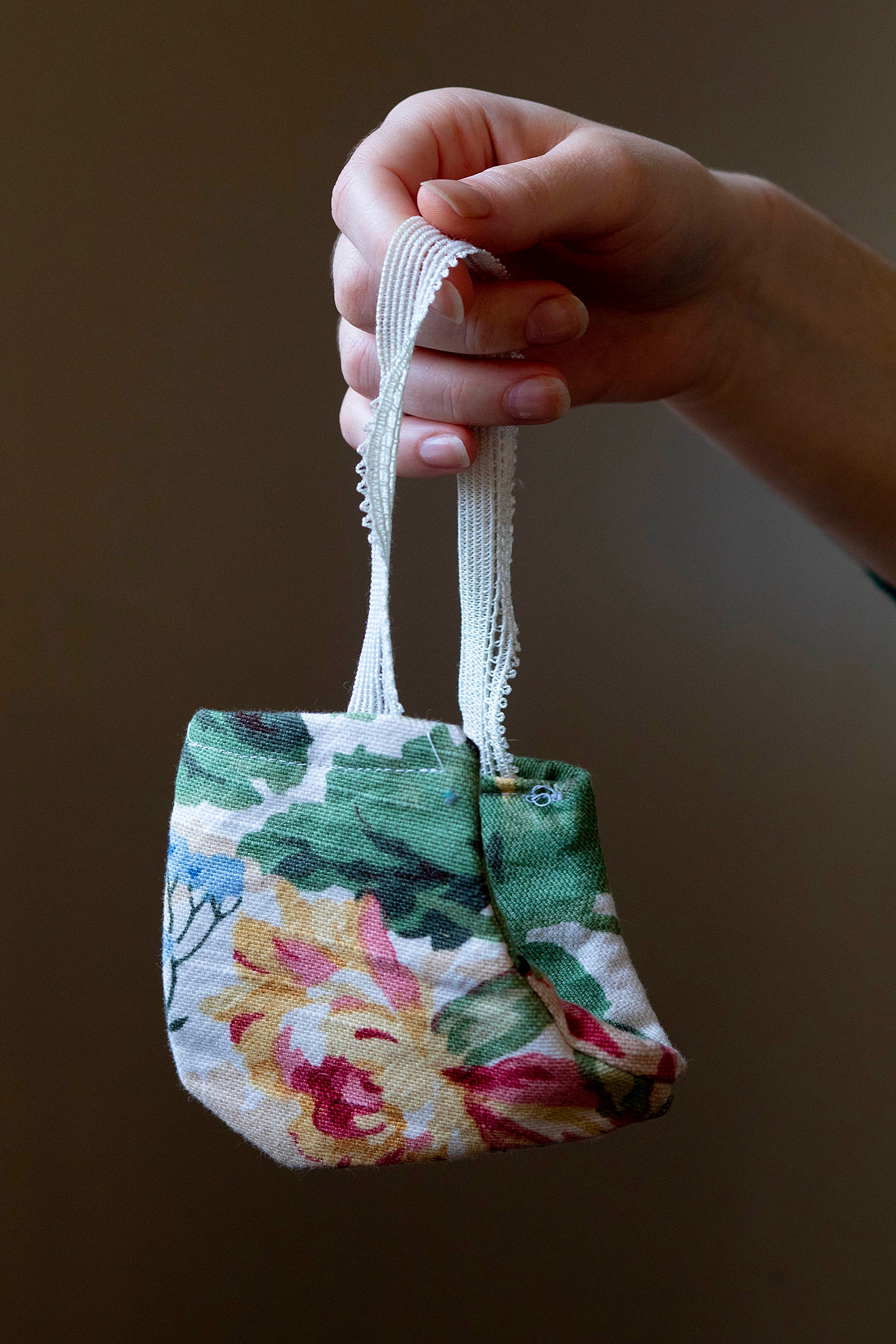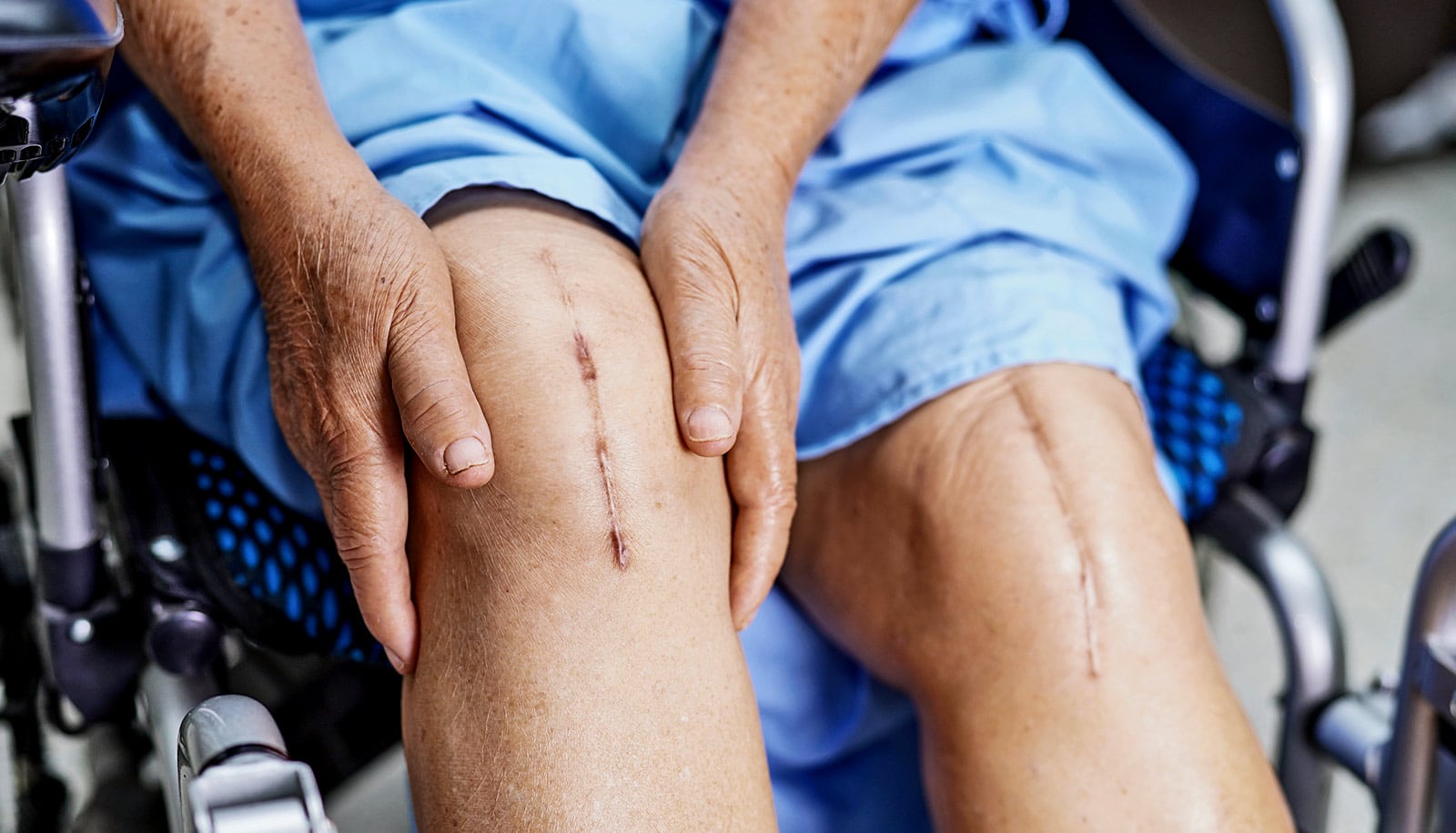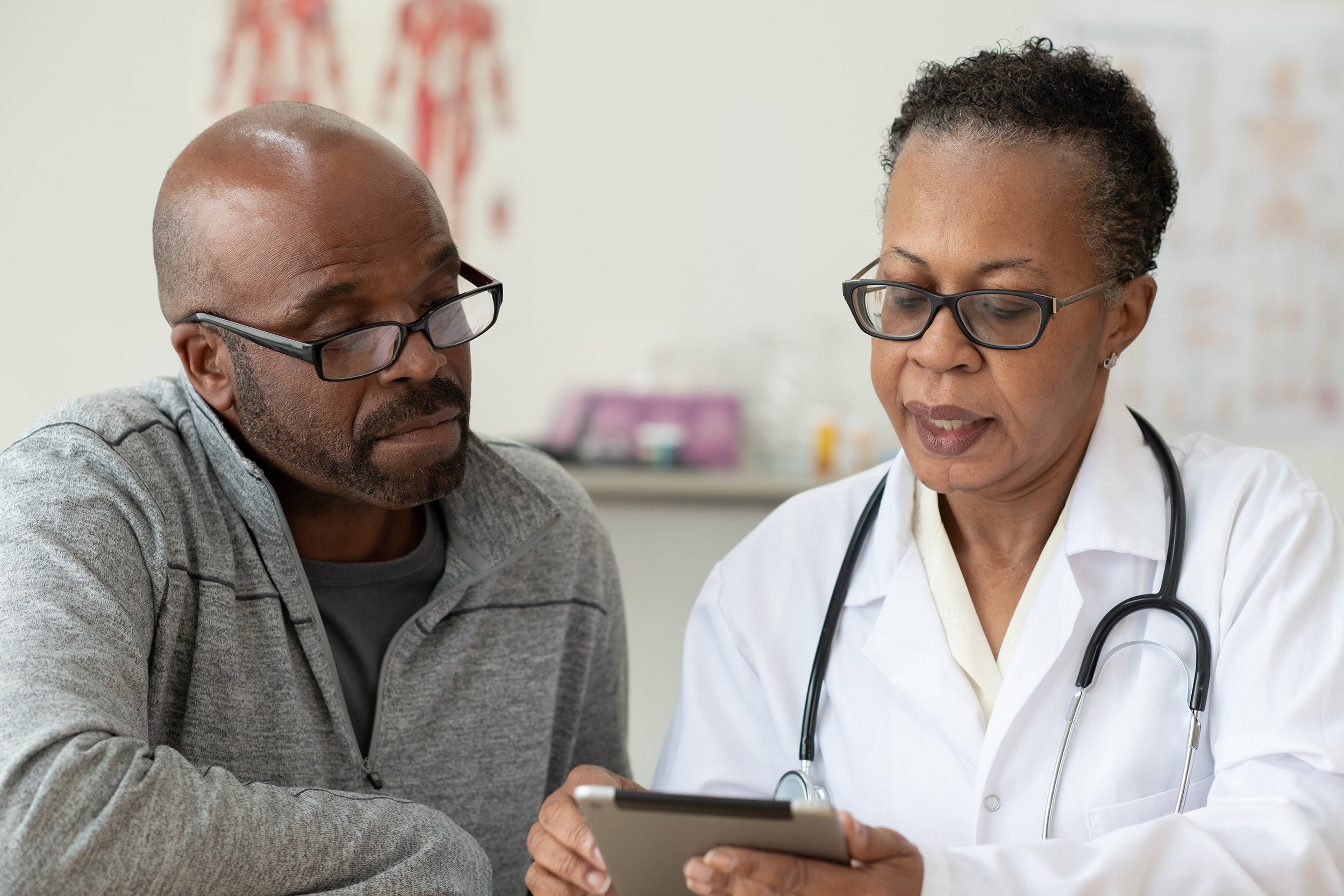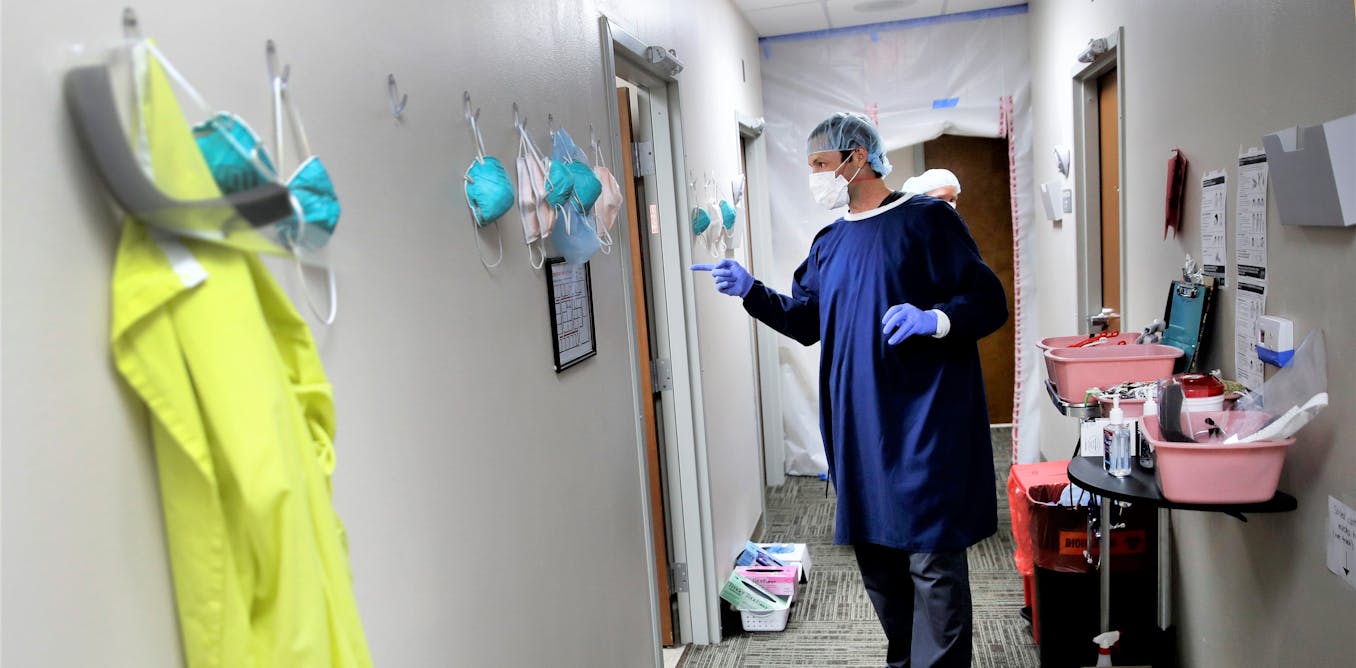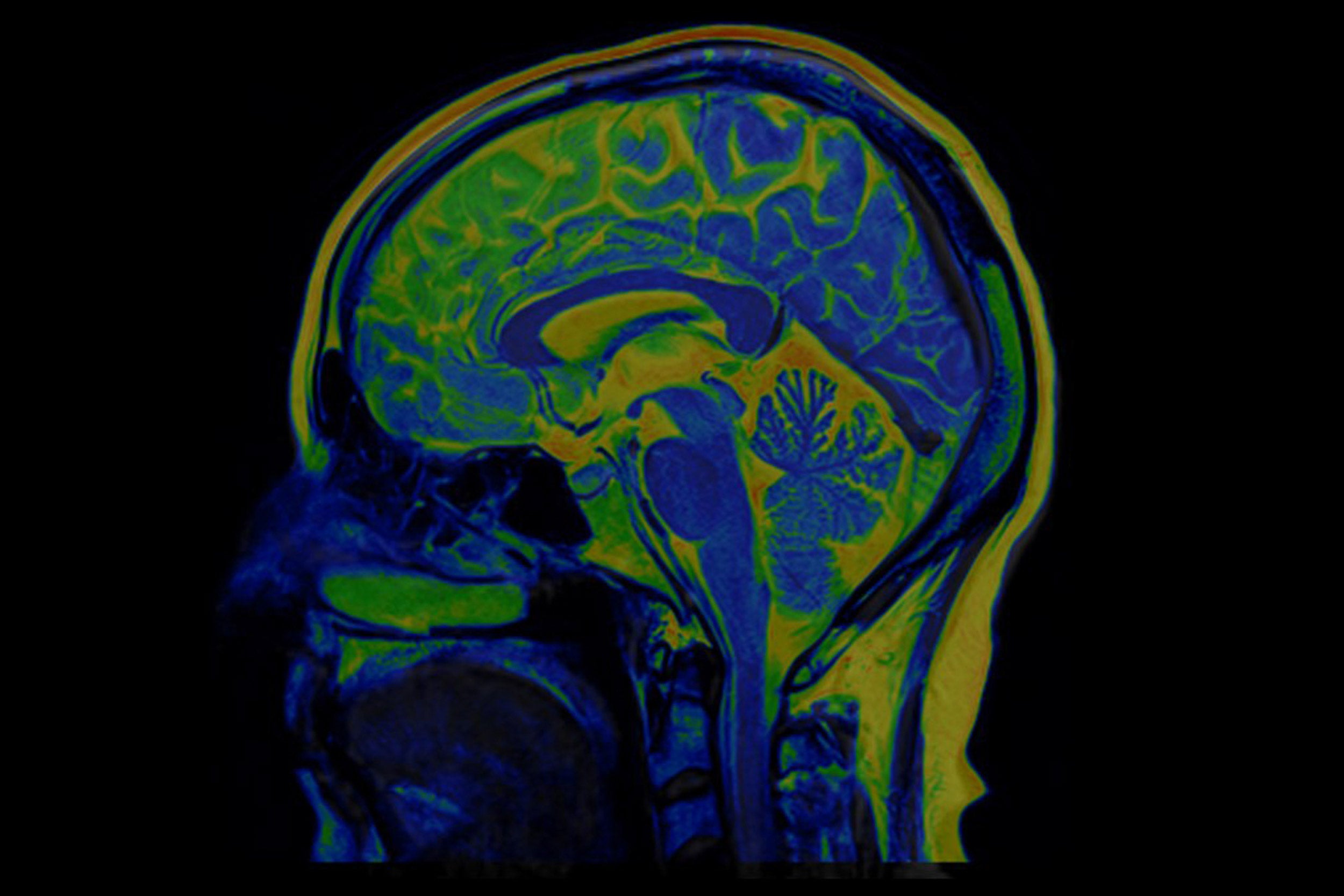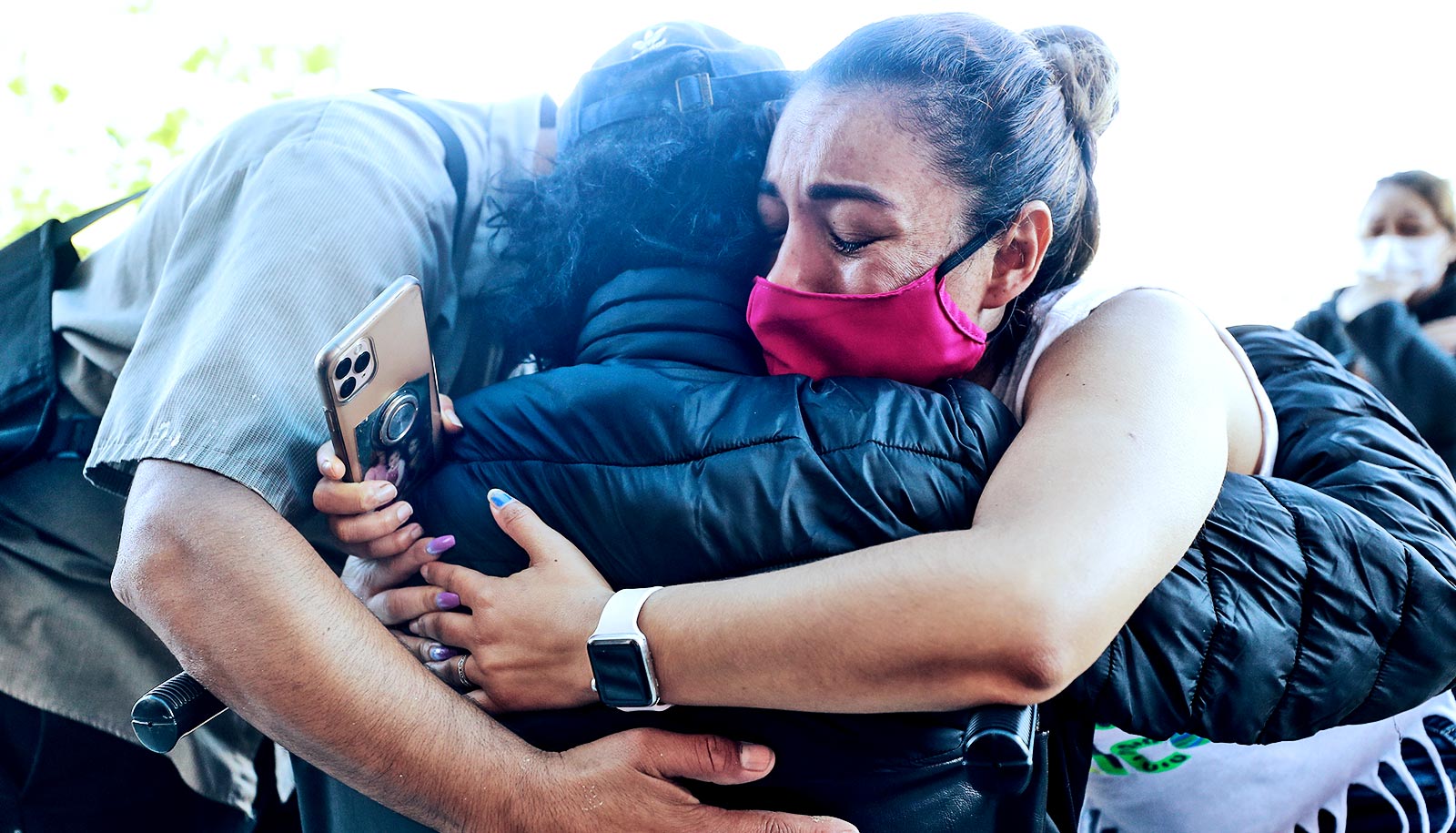AI could help cut waiting times for cancer by automating mark-up of patient scans prior to radiotherapy
Doctors at Addenbrooke’s Hospital in Cambridge aim to drastically cut cancer waiting times by using artificial intelligence (AI) to automate lengthy
Dec. 16, 2020 • ~6 min
A hospital that prescribes free nutritious food to families who need more than medical care
Dayton Children’s Hospital has begun to screen patients and their families for food insecurity, referring many of them to its 'Food Pharm.'
Dec. 14, 2020 • ~3 min
Rural hospitals are under siege from COVID-19 – here's what doctors are facing, in their own words
Hospitals are losing staff to quarantines as rural case numbers rise, and administrators fear flu season will make make it worse. And then there's the politics.
Nov. 20, 2020 • ~9 min
Small study reveals details of brain damage in COVID-19 patients
Massachusetts General Hospital researchers examined six patients using a specialized magnetic resonance technique and found that COVID-19 patients with neurological symptoms show some of the same metabolic disturbances in the brain as patients who have suffered oxygen deprivation from other causes.
Nov. 18, 2020 • ~4 min
12-minute bursts of exercise have bigger impact than thought
A new study describes how a 12-minute burst of cardio exercise impacted more than 80 percent of circulating metabolites, including pathways linked key bodily functions such as insulin resistance, oxidative stress, vascular reactivity, inflammation, and longevity.
Nov. 16, 2020 • ~4 min
/
42

